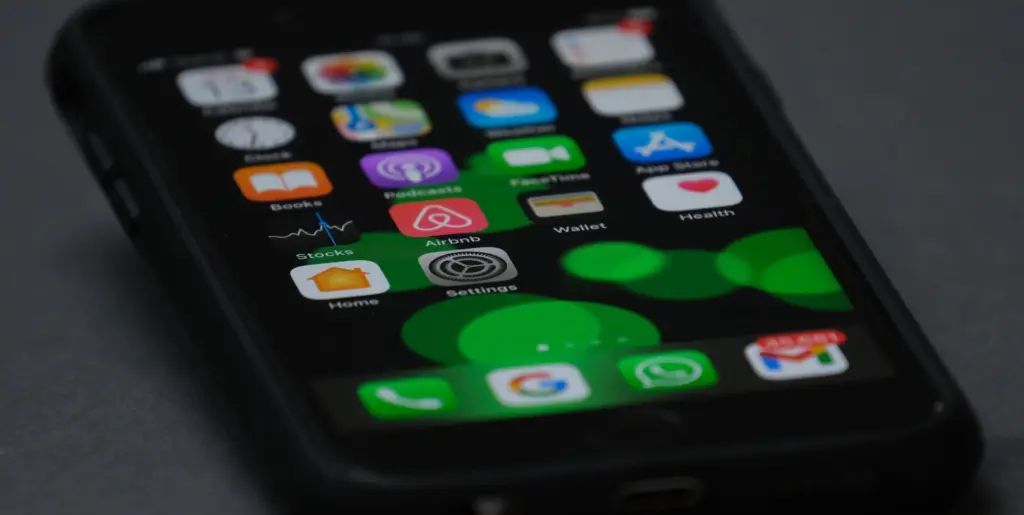Results of a clinical trial suggest that a smartphone-based app has potential to improve patient outcomes
SEATTLE, WA – UW Medicine announces that patients who used a mental health-focused smartphone app for treatment of schizophrenia, experienced modest positive effects in symptoms and recovery measures, according to a new research trial. Findings were published on October 24, in Psychiatric Services.
The trial, which included 23 clinics across Washington state, is one of the largest studies to test digital health technology for schizophrenia.
The app, called FOCUS, was launched in 2013 to help people with serious mental health illnesses to manage symptoms, adhere to medications, improve sleep and build social skills. Early clinical trials showed promise, but adoption in clinical settings has been limited.
In this study, researchers compared two models for implementing the FOCUS app in community mental health clinics:
- External facilitators: Digital health specialists who provide support to staff and patients at multiple agencies.
- Internal facilitators: Trained in-house staff who provided support to patients and staff within their own clinics
The study involved 274 patients. Results suggest that both implementation strategies are feasible. Patients in the external facilitator group, however, had better outcomes, including fewer psychiatric emergency room visits.
“Getting access to a mental health provider can be challenging for patients with serious mental illness,” said clinical psychologist Dror Ben-Zeev, director of UW Medicine’s BRiTE Center and the study’s lead author. “Mobile health tools hold enormous potential because we can meet patients where they are. The biggest hurdle today for digital mental health solutions is effective implementation and real-world adoption.”
Each patient in the trial was paired with a digital navigator who had access to the patient’s FOCUS data, conducted weekly check-in calls, and conveyed updates to the patient’s clinical team.
“There are so many digital solutions being offered right now,” said Charissa Fotinos, Washington state Medicaid and behavioral health medical director and an advisor on the study. “It’s important for us, as a payor, to support tools that have evidence of efficacy. We need to pay for things that work.”
This research is part of mHealth Washington, a multiyear investigation funded by the National Institute of Mental Health and administered through a collaboration between the University of Washington School of Medicine and the Washington State Health Care Authority.
The authors’ conflict-of-interest statements are in the published paper and will be made available to journalists upon request.
For details about UW Medicine, please visit https://uwmedicine.org/about.





